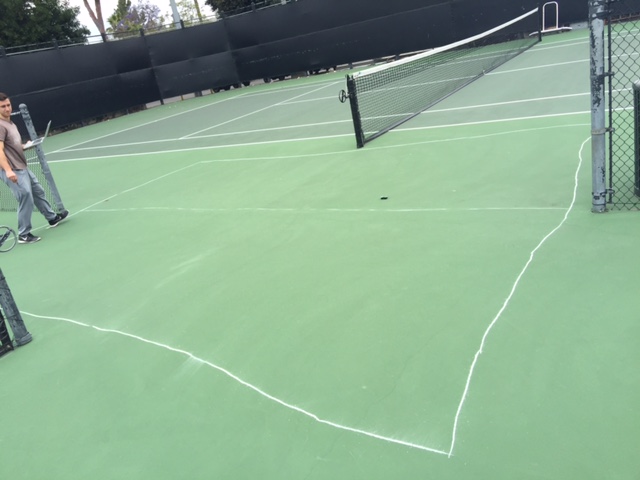RSSI-Based Anti-Localization on Wireless Sensor Nodes
Techniques to counter-act RSSI-based tracking and localization
Introduction
Wireless localization techniques receive significant research attention, with a variety of real and envisioned applications. These techniques use several strategies, including RSSI triangulation and fingerprinting, which we will reference in this project. However, we will take the opposite approach in this project, and focus on ‘spoofing’ methods to baffle these localization procedures. Potential applications include military operations and personal privacy, both of which may require some level of anti-localization strategy. While searching for prior work in this area, we found only extremely sparse related research. Nearly all localization research is focused on non-adversarial settings. Additionally, localization techniques for adversarial settings mainly propose ‘secure’ localization techniques, using various authentication schemes. These schemes mostly aim to prevent attacker nodes from ruining the integrity of the localization system. They successfully prevent an attacker node from posing as a valid node, or any node from falsifying location data. Although this is useful research, this still is not quite what we are trying to accomplish. Instead, we are focusing on the privacy aspect of wireless localization. We believe there is significant opportunity in confusing eavesdropper networks, so that a sniffer, or several sniffers, cannot determine our nodes’ location.
We aim to confuse common RSSI-based localization techniques by randomizing transmission and other parameters in such a way that our nodes’ locations cannot be determined. We will test this method against trilateration techniques, as well as fingerprinting techniques. Although RSSI-based trilateration techniques are not especially accurate for use cases such as indoor localization, in a long-range military scenario these methods could be used to approximately locate important tactical movements. Positional obfuscation in these scenarios may become necessary.
Tmotes and Experimental Setting
The Contiki Tmote SKY used for our RSSI based localizaton and anti-localization

Setting up our gradient-following localization algorithm on a tennis court grid.

References
[1] W. Ammar, A. ElDahwy, M. Youssef. Secure Localization in Wireless Networks
[2] M. Helen, J. Latvala, H. Ikonen, J. Niittylahti. Using Calibration in a RSSI-based Location Tracking System
[3] E. Navarro, B. Peuker, M. Quan. Wi-Fi Localization Using RSSI Fingerprinting
[4] R. Luchsinger, B. Bergersen, J. Mitchell. Bacterial Swimming Strategies and Turbulence
[5] Srinivasan, Avinash and Wu, Jie. A survey on Secure Localization in Wireless Sensor Networks
[6] S. Capkun, K. Rasmussen, M. Cagalj, M. Srivastava. Secure Location Verification with Hidden and Mobile Base Stations
Special thanks to Professor Bhaskar Krishnamachari for his guidance and insight!